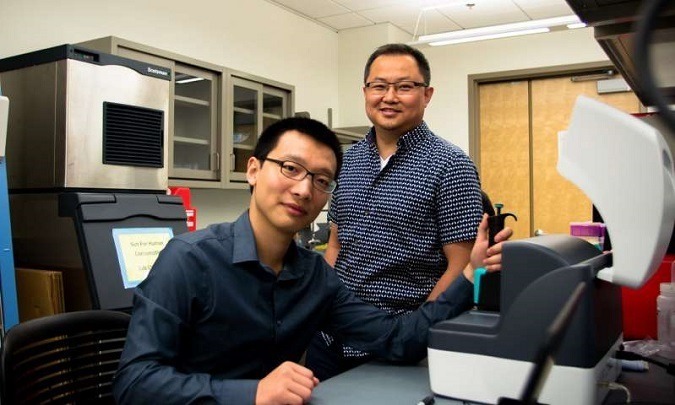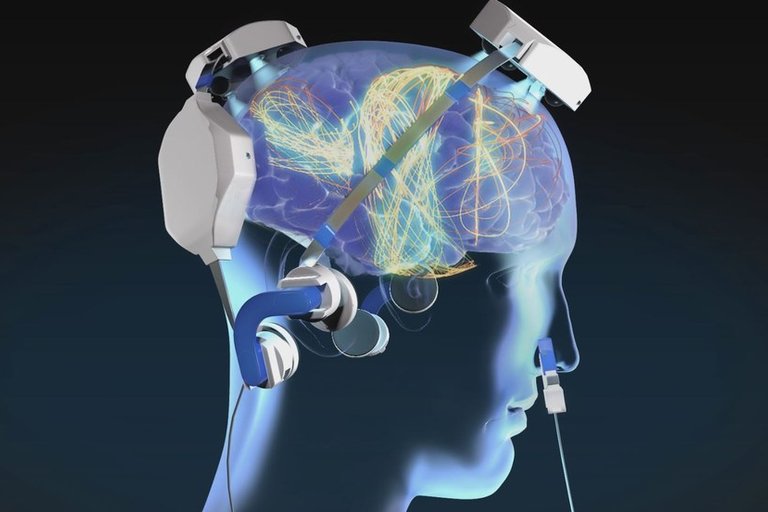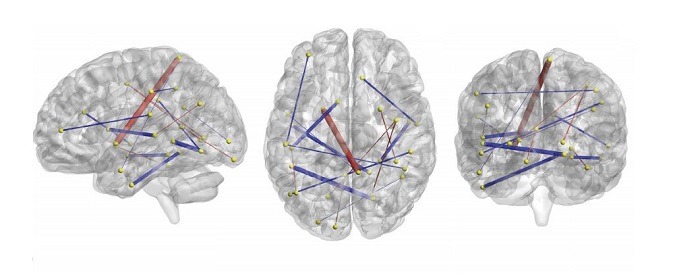Posts Tagged ‘Neurodevelopmental’
Reading for pleasure during childhood may lead to higher brain/ cognitive development and mental well-being during adolescence
Early childhood is a critical period for brain development, which is important for boosting cognition and mental wellbeing. Good brain health at this age is directly linked to better mental heath, cognition and educational attainment in adolescence and adulthood. It can also provide resilience in times of stress. But, sadly, brain development can be hampered…
Read MoreStudy finds ADHD is associated with dementia
Multigenerational Study Finds Links Between ADHD, Dementia Risk (Health Day): Attention-deficit/hyperactivity disorder (ADHD) appears to be somehow linked to risk of dementia and Alzheimer’s disease, a new multigenerational study has found. Parents and grandparents of people with ADHD have a higher risk of Alzheimer’s and dementia than people with no ADHD in their family, Swedish researchers…
Read MoreSystematic review calls for early targeted interventions to help babies and toddlers with cerebral palsy harness time window with maximum brain plasticity
Early targeted intervention ‘critical’ for improving outcomes in cerebral palsy (Healio): Early intervention for children with or at high risk for cerebral palsy should begin “as soon as possible” in order to build on “a critical developmental time,” according to results of a systematic review published in JAMA Pediatrics.
Read MoreEpigenetics research opens potential door to prevent neurodevelopmental disorders
___ Epigenetic Changes Guide Development of Different Brain Regions (Dana Foundation): “It’s one of the greatest standing mysteries in neuroscience: Given that each cell in the human body contains the same DNA, how, exactly, does the brain develop into distinct functional regions, supported by different cell types? And how might that developmental program go awry,…
Read MorePhotobiomodulation: A new and promising way to enhance brain function
___ As is increasingly evident, there are multiple methods aimed at enhancing brain function. Brain training and mindfulness practices are commonly used. Substance-based methods are popular too, including hallucinogens in the form of plant extracts, and drugs. Same as transcranial direct current stimulation (tDCS) and transcranial magnetic stimulation (TMS): All of these are promising but…
Read MoreStudy combines neuroimaging with machine learning to predict, with 96% accuracy, whether high-risk 6‑month-old babies will develop autism spectrum disorder (ASD) by age 2
— A Single Brain Scan Has Been Used to Accurately Predict Autism at Just 6 Months Old (Science alert) “Researchers have used brain scans and artificial intelligence to spot differences in how key areas of infant brains synchronise, allowing them to accurately predict which babies would develop autism spectrum disorder (ASD) as a toddler…The research, led…
Read More





